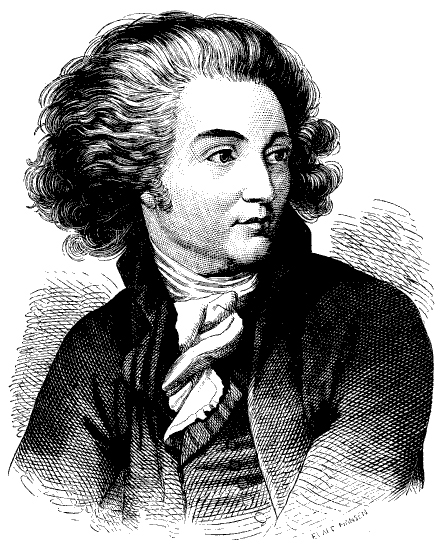The Lidner snap
Lidner, whose experience in the 1700s Sweden comes close to the 1996 movie 'Phenomenon' created an expression you may not have heard before.
-
 Swedish poet Bengt Lidner (1757-1793) famously suffered a snap (or “knäpp”) in his head when he was around 11, after which his intellectual abilities increased. Etching in wood for Svenska Familje-Journalen by Evald Waldemar Hansen (1840-1920)
Swedish poet Bengt Lidner (1757-1793) famously suffered a snap (or “knäpp”) in his head when he was around 11, after which his intellectual abilities increased. Etching in wood for Svenska Familje-Journalen by Evald Waldemar Hansen (1840-1920) -
-
You might have heard the expression “den Lidnerska knäppen” the Lidner snap, which refers to a sudden increase in a person’s intellectual ability. But who was Lidner?
Born in Göteborg in 1757, Bengt Lidner was a poet who today is remembered for the “knäpp” or snap he experienced one morning in school. From having been a rather slow and not too bright student, he suddenly suffered a loud snap in the head, loud enough for others to hear, after which he became much more intelligent and with a better memory.
At the time Lidner was around 11 years old and the “knäpp” has been described as painful but short. However, the story of this snap, used by Swedes even today to describe when someone suddenly seems to come intellectually alive, might really just be a tall tale told by Lidner himself, when he spoke of his life. Though Lidner at 17 started studies at Lund University, he was expelled before producing a second dissertation. In 1776, he joined a ship of the Swedish East India Company sailing from Göteborg to China, but fled in Cape Town.
In 1779, he moved to Stockholm where he began a career in literature, a career that later took him to Germany and from Germany to Paris. In spite of his famous “snap”, Lidner seemed to have always had money problems, and he died in Stockholm in 1793 in utter poverty. His opera “Medea” was translated into English and played in England during his lifetime, but wasn’t played in Sweden until 2004. -

-
-
The movie Phenomenon with John Travolta does not involve a snap: Travolta plays an ordinary man, who after seeing a bright light discovers he now has super-intelligence and telekinesis.
-

-
-
-
